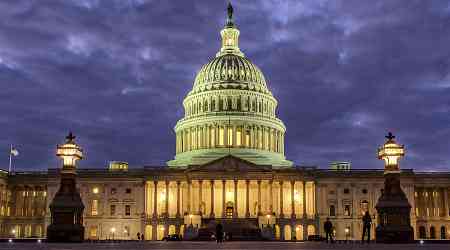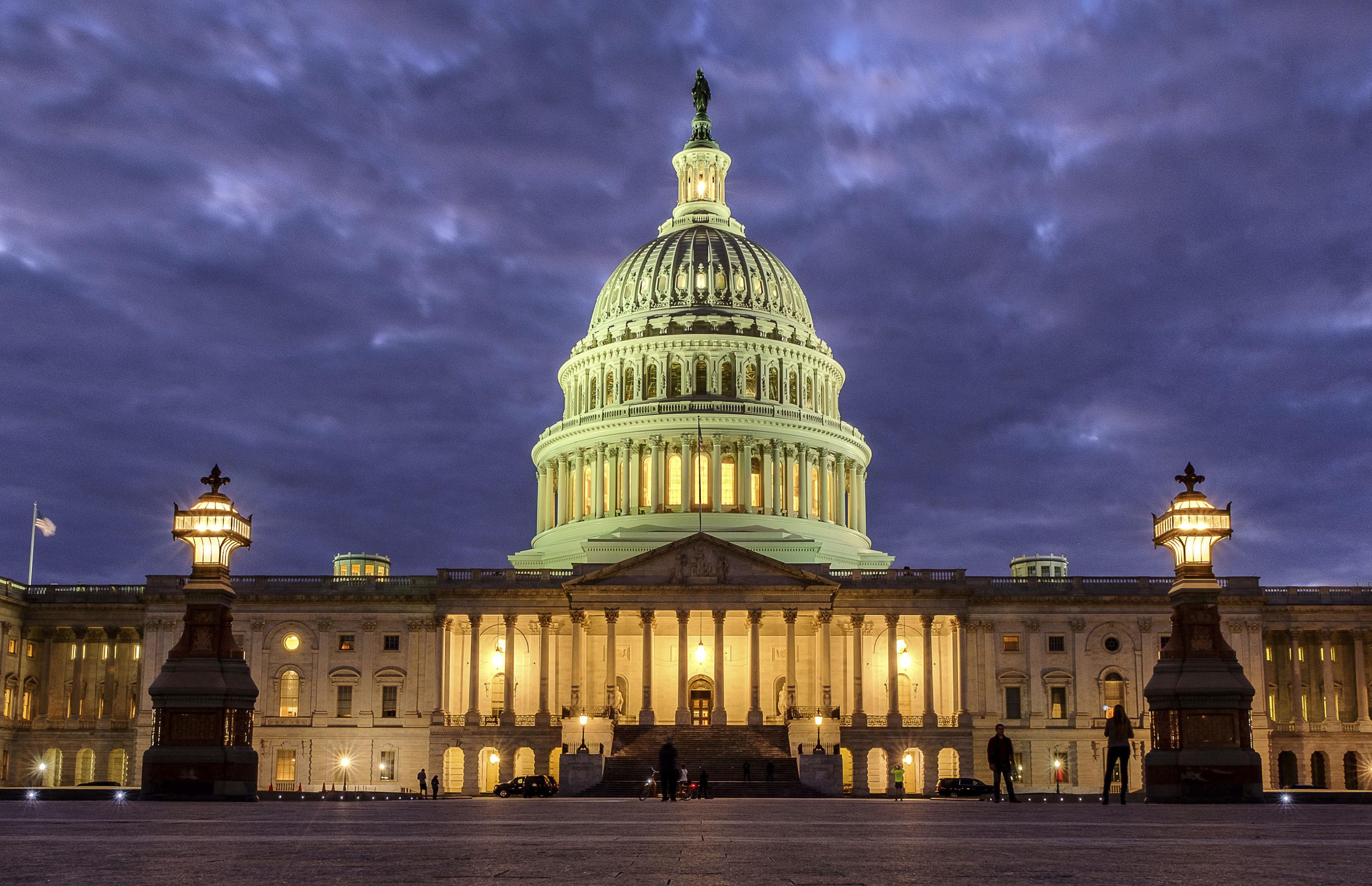
This article is part of The D.C. Brief, TIME’s politics newsletter. Sign up here to get stories like this sent to your inbox.
Kamala Harris may be leading Donald Trump in many national polls, but a look under the hood at Democrats’ operations tells a less rosy story for the party. A new TIME analysis of voter registration data in four pivotal states finds reasons for Democrats to worry and Republicans to puff up their chests. The data suggest that Democrats in the Biden era may have frittered away advantages in states they need to win.
[time-brightcove not-tgx=”true”]In the four swing states that make it easy to track political alignment in voter registrations—Arizona, Nevada, North Carolina and Pennsylvania—Democrats have seen their slice of the overall pie shrink.
In must-win Pennsylvania, Democrats have their slimmest voter registration advantage in decades. In the last four years, Democratic registrations in the state have gone from a safe seven-point advantage to now hanging ahead by fewer than four points. Polling in the state shows Harris leading Trump by a lonely point while the Democratic Senate nominee runs ahead by five. Biden carried it by just 1 percentage point in 2020. (But it’s worth noting: in the wake of Biden’s exit, Pennsylvania Democrats saw their best week of new voter registrations since 2023. It has, however, leveled off.)
In Arizona, Democrats have lost more than 2 points of their ground against Republicans from four years ago among registered voters. Republicans’ gains have been admittedly negligible. But the big tell here is the surge in people registered to vote since 2020: a solid 5% gain in the voter rolls between Aug. 4, 2020, and July 30, 2024, with more of those new voters registering with the GOP. That fundamentally remakes the campaign universe in a state that was always a stretch for Democrats. Polling shop FiveThirtyEight has Trump up by more than 1 point in their aggregate of surveys while the Democrat running for the Senate seat is up by 7 points. Biden carried it by less than half a percentage point, making him only the third Democratic nominee since Harry Truman in 1948 to prevail there.
It’s a similar mismatch in Nevada, a relatively small prize in a race that will be dictated by smaller margins. Since 2020, there’s been a 22% jump in registered voters. But Democrats have not kept pace, losing 4% of their share of registered voters, while Republicans picked up 8%, as of Oct. 1. What was a six-point advantage for Democrats four years ago is now shaved to two. Harris is polling up by one point, while the Democrat seeking re-election to the Senate is ahead by nine points. Biden carried the state by less than 3 points.
Finally, in North Carolina, both parties have seen mild shrinkage in their share of the electorate. Overall, voter registration in that state is up by 5% since 2020. But four years ago, Democrats had about six points of advantage over Republicans, 36% to 30% at this point in October heading toward a Biden loss by just a shade more than 1 percentage point. Now, Republicans have quietly narrowed that registration advantage for Democrats to a 31%-30% split. (This comes from data collected before Hurricane Helene wrecked the western side of the state. At this point, it’s impossible to tell which side will have the advantage as many voters struggle with shelter and basic necessities.)
Strategists in both parties say that Biden’s decision to insist for so long that he was running for a second term is a major reason Democrats have lost ground in voter registrations. Few things help engage a party’s base better than a competitive presidential primary season. Donald Trump’s bid for the GOP nomination for a third time drew a small but intense protest bloc for former South Carolina Gov. Nikki Haley. Meanwhile, Biden’s renomination was treated as a given, so much so that Democrats in some states made it tough for anyone else to get on the ballot. In other states, they canceled the primary altogether, as is the norm when an incumbent President is seeking a second term. But as a result, Democrats were slower to engage and left many important voters idle until July, when Biden ended his bid and ceded the nomination to Vice President Kamala Harris.
At the same time, Republicans had more well-funded, high-stakes primaries for Senate and gubernatorial seats, further boosting turnout.
In their defense, Democrats are quick to point out voter registration trends are not conclusive. In states that allow voters to register with a party, a shockingly high number of voters choose not to register with either party. In fact, non-affiliated or independent voters are the largest chunk of the registered electorate—but were the smallest of the slices when it came to actually voting in 2020. Exit polls suggest they broke for Biden 54%-41%.
While all that may reassure some Democrats, the loss of ground among voters registered with their party in four pivotal states remains a source of anxiety. Hurricanes may be injecting new elements of uncertainty in this already wild election cycle, but over the last four years, there have been a whole lot of quieter shifts in this electorate that could prove to be even more impactful.
Make sense of what matters in Washington. Sign up for the D.C. Brief newsletter.





























